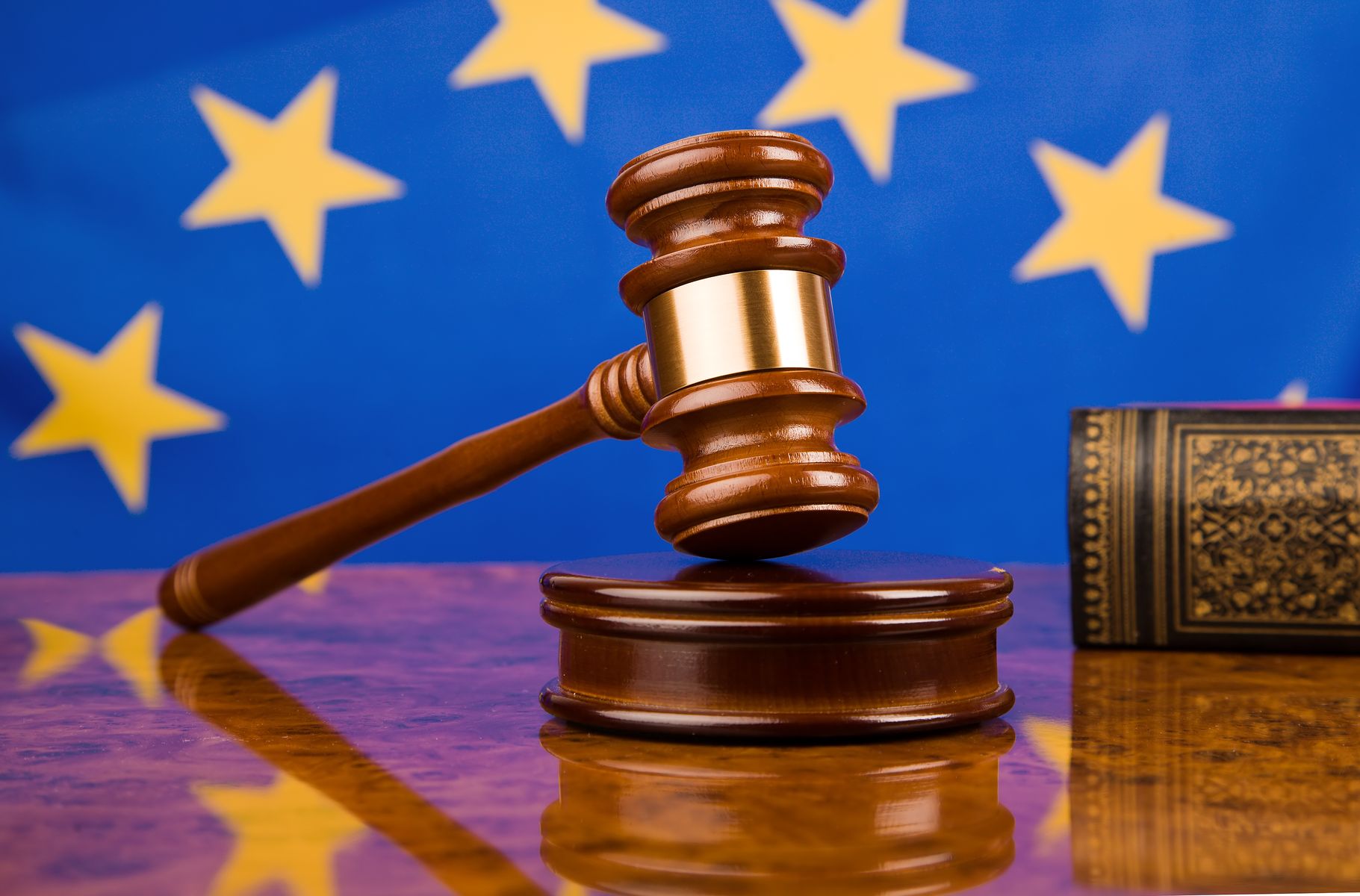Brussels – The historic ruling has arrived: for the first time the European Court of Human Rights has found a state authority guilty of inaction against climate change. The Strasbourg court has condemned Switzerland for failing to fulfil its expected climate duties and protect its citizens against the serious adverse effects of climate change on their lives, health, well-being, and quality of life.
The 2,500 Swiss women of the “Elderly Women for Climate” association exult. They had sued national authorities for failing to take sufficient action to mitigate the impact of climate change in the Alpine country. At the same time, the ECHR has ruled inadmissible climate inaction claims brought by a group of young Portuguese against the government in Lisbon and 32 countries (including the EU 27) and by the former mayor of a small town in Hauts-de-France against the government in Paris.
However, the decision on Switzerland could set a historic precedent for the Council of Europe’s 46 member states, just as the European Climate Agency has sounded the alarm over the hottest March ever. The ECHR ruled, by a majority of sixteen votes to one, that there was a violation of Article 8 of the European Convention on Human Rights, which enshrines the right to respect for private and family life. According to the Strasbourg judges, this article provides the right to “effective protection by state authorities against the serious adverse effects of climate change on life, health, well-being and quality of life.”
ECHR pronouncements
The ruling pointed out “critical shortcomings” in the process of creating the relevant national regulatory framework, including the failure of Swiss authorities to quantify national greenhouse gas emission limits through a carbon balance or otherwise. In addition, the judges pointed to the Federal Republic’s failure to meet past greenhouse gas emission reduction targets.
In light of these findings, the court ultimately found that the Swiss authorities had not acted in a timely and appropriate manner to “devise, develop, and implement the relevant legislation and measures in the case.” Bern was also guilty of violating Article 6 of the Convention, which guarantees access to justice: the Swiss courts had allegedly failed to provide convincing reasons why they had found it unnecessary to examine the association’s complaint. “They had not considered the compelling scientific evidence relating to climate change and had not taken the complaints seriously,” the judgment reads.
It was a different matter for the six young Portuguese citizens who denounced the inaction of their country and 32 others in the face of climate change. Court President Siofra O’Leary explained that because the plaintiffs had not exhausted the available avenues of remedies in Portugal, their applications did not meet the conditions of admissibility. Similar outcome for the former mayor of Grande-Synthe, Damien Carême, a current MEP in Brussels with the French Ecologist Party, who had brought the case against Paris: the ECHR declared the appeal inadmissible because Carême does not possess victim status under the Convention.
The reaction of the European Commission
During its daily press briefing, the European Commission said it “takes note” of the climate rulings issued by the ECHR and is “fully committed to ensuring full implementation of the Green Deal and commitments under the Paris Agreement.” Tim McPhie, the spokesman responsible for climate, assured that the EU executive “will study the rulings very carefully.” In the case of the young Portuguese v. Lisbon and 32 other countries, McPhie made it clear that the European Commission was not a party to the case but asked the court for permission to intervene on behalf of the EU and thus took part in the hearings, explaining that “the EU’s ambitious measures to combat climate change are taken in a context of solidarity between generations and in full compliance with international obligations.”
In Strasbourg was present climate activist Greta Thunberg, who, at the end of the historic hearing in Switzerland, warned, “This is just the beginning of climate litigation: all over the world, more and more people are taking their governments to court to hold them accountable for their actions. Under no circumstances should we back down; we must fight even harder because this is just the beginning.”
English version by the Translation Service of Withub




![Un atomo. L'Ue punta sul nucleare di nuova generazione per il suo futuro energetico [foto: iStock]](https://www.eunews.it/wp-content/uploads/2025/04/atomo-350x250.jpeg)




